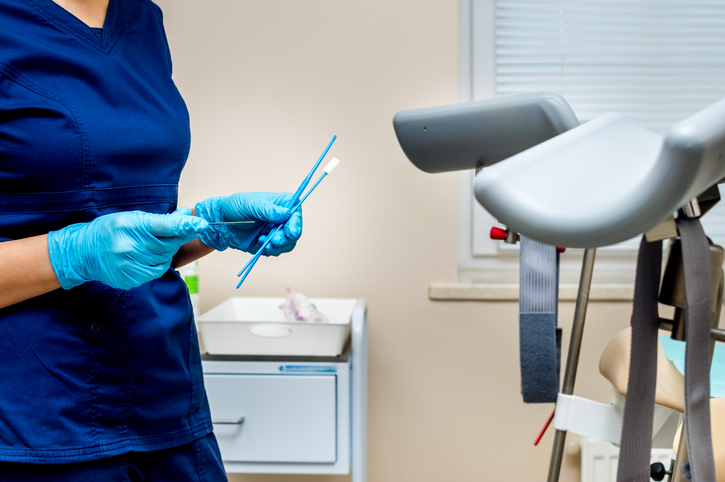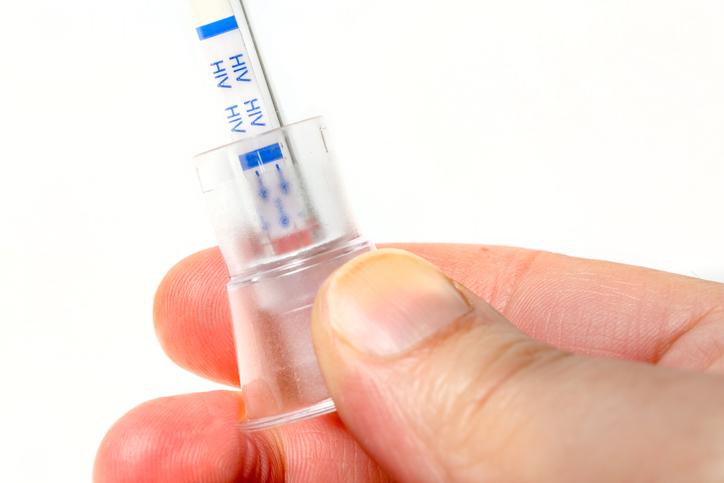The following advice is nothing new to someone who engages in sexual activity, particularly with several partners: Get tested and use protection. In order to prevent the spread of a sexually transmitted disease (STD), it is necessary to be aware of the symptoms. There are no obvious indications or symptoms in many situations. The term “sexually transmitted infections” (STIs) is used by many specialists since this illness may go undetected for long periods of time. That is why we are here to talk about getting STD testing in LA. Here is everything that you’ll want to know. What kind of tests are you going to need? How often should you get screened? How old are you, what are your sexual habits, and what other risk factors do you have? Don’t assume that every time you get a gynecological checkup or Pap test, you will be tested for STIs. Ask your doctor for an STI test if you’re not sure. If you have questions or concerns, bring them up with your doctor.

Who should be tested for STDs, and why?
- As per CDC recommendations, everyone between 13 and 64 should for once gets tested for HIV.
- Women under the age of 25 who engage in sexual activity should be tested for gonorrhea and chlamydia at least annually. Additionally, women over the age of 25 should be tested for STD risk factors such as new or many sex partners, or a sex partner who has an STD, every year. You can look for STD testing in Hollywood if you fall under any such risk factor.
- As soon as a woman becomes pregnant, she should be checked for syphilis and HIV virus as well as hepatitis A, B, and C. Chlamydia and gonorrhea testing should begin early in pregnancy for those at risk of infection. In certain circumstances, further testing may be required.
- All males who have intercourse with men, whether they are homosexual, bisexual, or otherwise, should get tested for HIV.
- Syphilis, chlamydia, and gonorrhea should be checked at least once a year. If a person has several or anonymous partners, they should be tested more often (e.g., every 3 to 6 months).
- Every year you should get tested for HIV and may benefit from more regular testing for the disease (e.g., every 3 to 6 months).
- If you have HIV, you should be tested for hepatitis C at least once a year.
- A yearly HIV test is recommended for everyone who participates in sexual conduct that puts them at risk of infection or who shares injection equipment.
Speak to your doctor about scrotal and rectal tests if you’ve had an oral or anal sex experience.
What sexually transmitted infections should you get checked for, and which ones should you avoid?
There are a wide variety of STDs. Talk to a doctor or find “STD testing near me” to find out which ones you should get tested for. Tests for one or more of the following might be recommended:
- chlamydia
- gonorrhea
- HIV
- Infectious disease of the liver B
- syphilis
- trichomoniasis
If you have a known exposure to herpes or if you request a test from your doctor, you are unlikely to get tested for herpes. Specific STIs may be tested for.
Take a look at these STI testing protocols for certain STDs (STIs).
- HIV/AIDS and gonorrhea
You should be checked periodically in accordance with federal recommendations if you:
- In your 20s or early 30s, you are a sexually active lady.
- For women over the age of 25, having intercourse with a new partner or with more than one person increases their chance of contracting a sexually transmitted infection (STI).
- As a male, you’ve had intercourse with other men on occasion.
- You’re infected with HIV.
- Participate in sex acts against your will
Chlamydia and gonorrhea may be detected by a urine test or a swab from the penis or cervix in men and women, respectively. A lab analyses the sample. If you don’t show signs or symptoms, you may not realize if you have either illness. This is why screening is so crucial. There is even free STD testing in Los Angeles in certain areas. Go for those tests if there is even a slight symptom.
- Syphilis, hepatitis, and HIV/AIDS
If you’re a teen or an adult between the ages of 13 and 64, the CDC recommends being tested for HIV at least once as part of normal medical care. If there is a high probability that a young adolescent may get an STI, then they should be tested. Those at high risk of HIV infection should get their blood tested at least once a year, said the CDC. Everyone born between 1945 and 1965 should be tested for hepatitis C, according to the CDC. If you’re in this age range, you’re more likely to have hepatitis C, which typically goes undetected until it’s too late. If you haven’t been exposed to hepatitis A or B, there are vaccines available.
HIV, syphilis, and Hepatitis B and C are all diseases that should be tested for, according to national standards. You should get tested if:
Increase your chances of developing additional sexually transmitted infections by having another STI.
- Been in a relationship with numerous people (or have been in a relationship with many people) since your previous test
- Use intravenous (IV) medications.
- A guy who engages in heterosexual sexual relations?
- Willing to become pregnant in the near future
- If you have been engaged in forceful sexual activity
A swab of your genital sores or a sample of your blood is how your doctor determines whether or not you have syphilis. The sample is tested in a laboratory. HIV and hepatitis testing require the collection of a sample of blood.
- Hemorrhagic fever
Herpes, a virus infection, has no reliable screening test. There are many individuals who are infected with herpes yet don’t show any symptoms. If you have blisters or early ulcers, your doctor may send a sample to a lab for testing. Herpes may still cause vaginal ulcers even if the test results are negative.
An earlier herpes virus infection may be detected with a blood test, although the findings are not always certain. There are a number of blood STD tests in LA that may assist distinguish between the two primary forms of herpes virus. There are two types of herpes viruses: Type 1 causes cold sores and type 2 causes genital sores.
Genital herpes is most often caused by virus type 2. Some tests are more sensitive than others, thus the findings may not always be evident. Potentially misleading findings may occur.
- HPV
While certain strains of the human papillomavirus (HPV) are known to cause cervical cancer, others have been linked to genital warts. Sexually active persons are more likely to have HPV than those who don’t have sex. Within two years, the infection is usually gone.
For males, the HPV infection is identified by visual examination or biopsy of genital warts. There is no regular HPV screening test for men. HPV testing in women consists of the following:
The Pap smear. For women between the ages of 21 and 65, annual Pap tests, which examine a woman’s cervix for abnormal cells, are suggested.
An HPV test is performed. If their prior Pap tests were clean, women over 30 may be eligible to have the HPV test and a Pap test every five years. The HPV test will be administered to women between the ages of 21 and 30 who have abnormal findings on their Pap test.
The vulva, vagina, penis, anus, and mouth and throat cancers have all been related to HPV. Some kinds of HPV may be protected against by vaccines for both men and women, although they are most effective when given before sexual activity starts.
What to do if you test positive?
If you get positive STI testing in Hollywood, you should make an appointment with your doctor right away so that you can begin treatment. As a precaution, you should also notify any recent sexual partners you have had, as certain STIs may be passed from one partner to the next. You should think about how you’d want to communicate with your coworkers, taking safety into account if necessary. Even a simple face-to-face talk may be dangerous to certain people because they have a history of emotional or physical aggressiveness, whereas for others it isn’t a huge concern.
Make sure to have any relevant information and materials on hand if you’re meeting face-to-face. Then you and your companion are prepared to answer any inquiries and talk about various topics, such as treatment alternatives and hazards. If you test positive, it’s OK to experience a broad range of emotions. Please don’t hesitate to contact your doctor with any questions you may have about these sensations.




